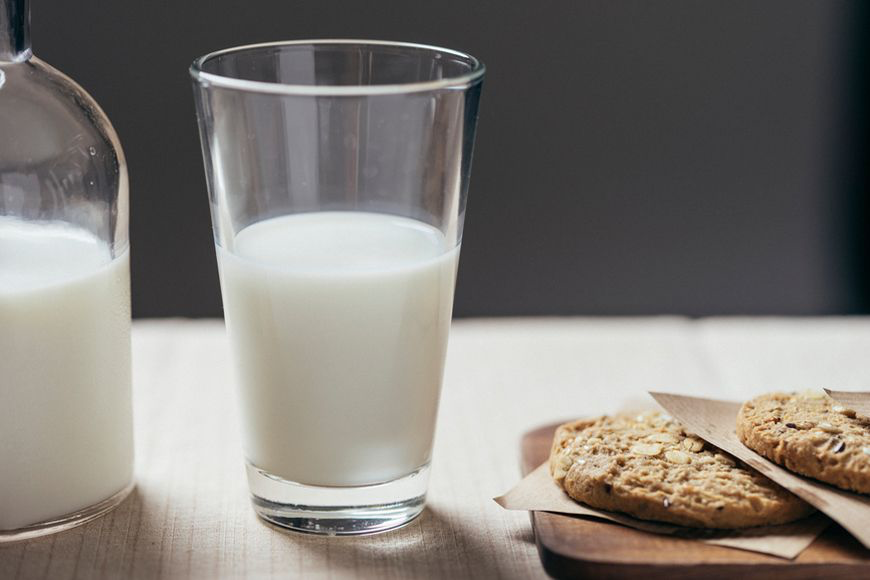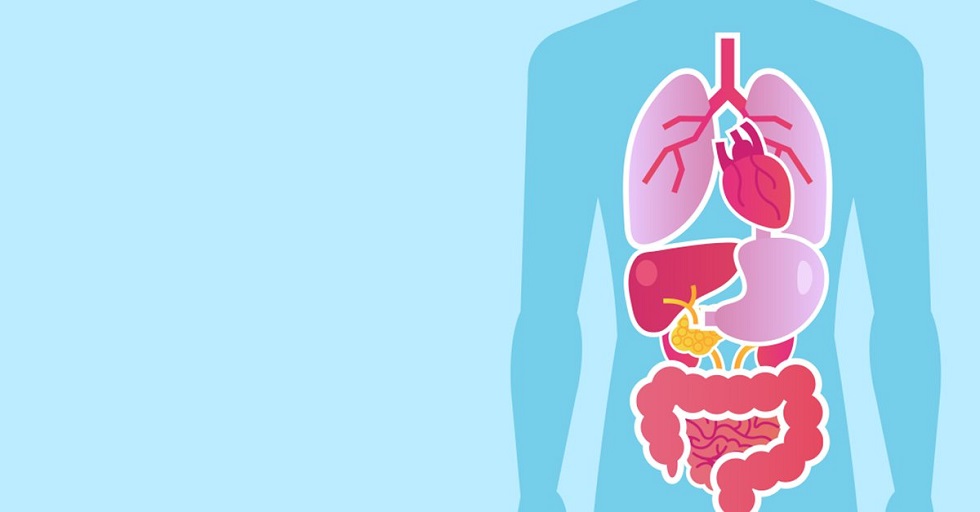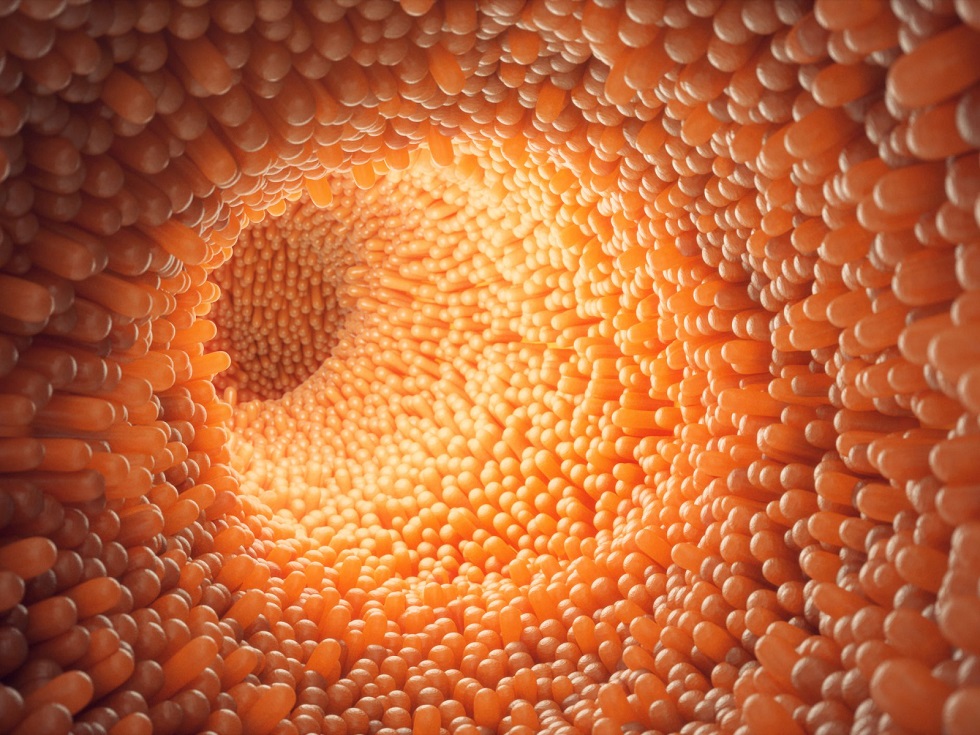The scientific community often calls our intestine the “seat of emotions” and is thus trying to better understand the links between digestion and stress. Ever feel that knot in your stomach during stressful situations? Well, feeling that emotional stress is constantly affecting your digestion and ultimately the absorption of food and nutrition.
With its 200 million neurons – almost as many as in the cortex of a dog or a cat’s brain- and its billions of bacteria, contained in the microbiota (the intestinal flora), the intestine would be our “second brain” or “bottom brain”, as some scientists define it.
Digestion And Stress: The Hidden Link To Happiness
The link between the good health of our digestive tract and depression was analyzed during a study conducted by Belgian researchers and published in February 2019 in the journal Nature Microbiology.
“90% of serotonin, the hormone of well-being, is produced in the intestine”, recalls Olivier Panisset, a naturopath.
“Today, we realize that the intestine is not just a pipe that passes food and digests it. It’s good balance and that of the digestive tract promotes a state of good health”, summarizes Francisca Joly-Gomez, professor of nutrition and gastroenterologist at the CHU Beaujon in Clichy.
So better think twice before putting anything in your mouth.
Convert Chewing Into Masticating
Above all, the first reflex to adopt is to take the time to chew. By reducing the portions, it facilitates the arrival of food in the digestive tract and avoids bloating and pain. No more no less.
Work On Your Stress
We all experience that pile of dishes, or that TO-DO list, or work accumulating on what seems like a mountain. This causes that feeling of “a lump or a knot in your stomach”. These commonly used expressions prove that our intestines suffer from stress.
Stress directly harms the intestine by:
1) secreting cortisol, which removes gastric juices and thus disrupts digestion, and proper digestion is important for the absorption of vital nutrients and vitamins which in turn keep us happy and emotionally regulated.
2) aggravating the symptoms of many diseases, causing contractions and stimulation of the intestine.
Suffice to say, there is no point in eating all the colorful vegetables and fruits and buying organic meat or carbs and still being heavily influenced by stress. It is still necessary to also tackle the stress component.
We favor meditation, sports, yoga, pilates, or simple breathing exercises to ease anxiety.
Learn More About Your Digestive Enemies

Gluten and lactose would be at the forefront of harmful agents for the stomach, according to the naturopath Olivier Panisset: “these microproteins damage the intestine. Too big, they are not digested and create inflammation.”
Should they be banned from the diet? That won’t be necessary, except in the case of proven pathologies, such as irritable bowel syndrome. If the specialist remains convinced of the benefits of stopping, he recommends starting by reducing your consumption, and above all consulting a health professional to see more clearly.
Regarding milk, the case here is more nuanced according to Francisca Joly-Gomez, a professor of nutrition and gastroenterologist.
“At birth, we have a maximum of enzymes to digest it. What is certain is that the older we get, the less we have, and some may not tolerate it. Finally and unsurprisingly, the professional reminds us that a diet that is too sweet, too fatty and too meaty impoverishes the microbiota”.
Diversify Your Plate

When it comes to pampering your insides, you need to eat a balanced diet.
Professor Joly-Gomez indicates that “in many diseases, and not necessarily intestinal pathologies, we realize that the intestinal flora is unbalanced, thus favoring certain diseases”,
Therefore to optimize the diversification of bacteria, diversify your plate.
Feed Your Microbiota More Fiber
For the proper functioning of the body, fiber is essential!
In addition to satiating, slowing the absorption of sugar and treating transit, the fibers nourish the bacteria of the microbiota.
Nourishing the microbiota of your digestive system helps greatly since our microbiota represents 90% of our immune system, which protects us from microbes and viruses.
Therefore when it comes to digestion and stress, it is better to ensure that these bacteria are properly recharged.
In practice, nothing could be simpler, just bet on all fruits (fresh and dried), vegetables, pulses (lentils, chickpeas, beans, etc.), but also quinoa or spelled flour.
Be warned: do not have fibers without water. Fibers are excellent for health and a little less for the fragile intestines to digest but if you don’t consume enough water, they become dry which attacks your digestion when they are consumed in large quantities.
Reseed Your Microbiota From Time To Time

After taking antibiotics, a long period of fatigue, or a very wobbly diet, the intestinal flora can be unbalanced.
Thanks to probiotic cures found in pharmacies or organic stores, we can repopulate our intestines with good bacteria. Probiotic cures should be consumed as a cure for a minimum of four months”, advises Olivier Panisset.
Aloe vera can be consumed in pulp that is drunk and as a cure for 20 days to a month.
Pollen can also be allies according to the naturopath.
You can also turn to lacto-fermented products that are rich in prebiotics and probiotics.
For a natural approach to proper gut health, try eating more Kimchi, Sauerkraut, Kombucha, Miso or even Micro-seaweed.
